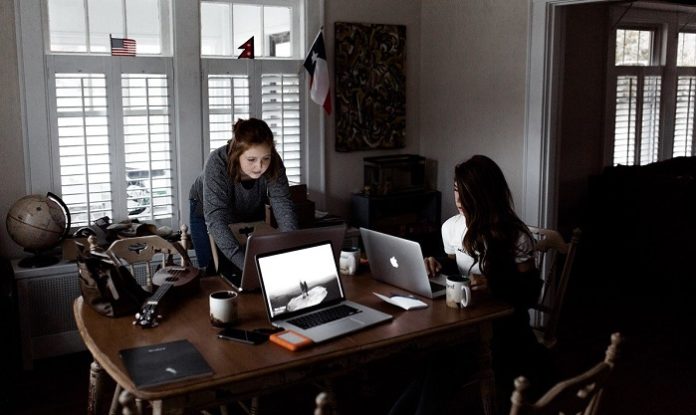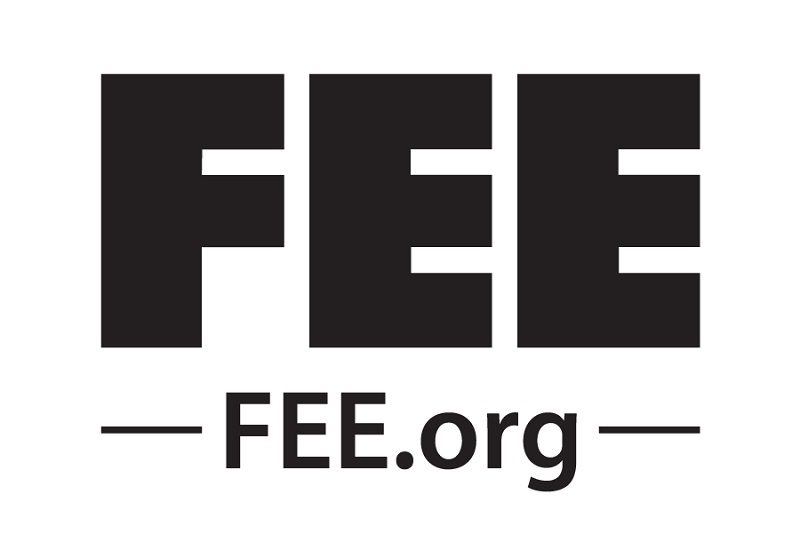The widespread “pandemic pods” that are emerging as back-to-school alternatives this fall are models of parental ingenuity, educator adaptability, and entrepreneurial agility.
These learning pods, or in-home microschools, involve small groups of families coming together to take turns facilitating a curriculum for their children in their homes, or pooling resources to hire a teacher or college student to lead instruction. They are a creative, spontaneous response to uncertain or undesirable school reopening plans that make at-home learning easier, more practical, and more enjoyable for more families.
These pods are also a prime example of what Adam Thierer calls “permissionless innovation,” where new solutions and discoveries are born without explicit regulatory blessings. In his book, Thierer explains: “The best solutions to complex social problems are almost always organic and ‘bottom-up’ in nature.”
The organic and bottom-up nature of the pandemic pod trend has the potential to dramatically reshape American education, now and into the future. Parents are reassuming control of their children’s education, opting out of centralized school systems, and challenging regulatory regimes.
New Hampshire Commissioner of Education, Frank Edelblut, sees these pods and microschools as promising signs of education transformation. “They are decentralizing education, moving away from a central bureaucracy,” he told me in a recent interview. “Parents and teachers are creating microschools that are reflective of the goals and aspirations of the families who engage in them,” he says.
At a time of such educational turmoil and societal disruption, parents, educators, and policymakers should embrace the idea of “permissionless innovation” regarding pods, encouraging enterprising individuals to experiment and create.
Entrepreneurs are already rising to the occasion, with startups such as SchoolHouse and Weekdays acting as managed marketplaces to connect educators and parents who are now forming pods and microschools. As Thierer writes: “For innovation and growth to blossom, entrepreneurs need a clear green light from policymakers that signals a general acceptance of risk-taking—especially risk-taking that challenges existing business models and traditional ways of doing things. That’s permissionless innovation in a nutshell…”
In some places, these pandemic pods are accepted and encouraged.
In New Hampshire, for instance, existing homeschooling law allows for these pods to emerge, even if their terminology and context are new. Parents submit a simple home education intent form and then customize a home learning plan in whatever way they choose, including forming pods and microschools. “This is totally legitimate in New Hampshire,” says Edelblut, who homeschooled his own children in the state. “Homeschooling law here says that parents are responsible for their child’s education, but they can work with other teachers and parents in homes or elsewhere in the community,” he says. Perhaps not surprisingly, New Hampshire is seeing surging interest in homeschooling this summer.
Pandemic pods show the remarkable ability of free individuals to self-organize to solve societal problems, without government interference. Lindsey Burke at the Heritage Foundation explains that these pods are civil society’s response to the pandemic and its impact on education. Burke recently hosted an online panel discussion to help parents and educators create more of these pods. She told me: “These pods show that parents are ready to and capable of directing their children’s education, and that while too many districts are still determining whether or not to reopen schools, parents aren’t waiting around any longer.”
Jason Bedrick of EdChoice, which co-hosted the pod-building webinar, agrees that these pods are a source of parental empowerment. He believes that pods are here to stay. According to Bedrick: “There’s a reason that microschooling was already taking off before the pandemic: they’re adaptable, affordable, and can provide a great deal of high-quality, personalized instruction. Most of the new ‘podders’ wouldn’t have considered this form of education but for the pandemic, but I anticipate that a significant portion of them will continue microschooling once the pandemic is over.”
Pandemic pods are positioned to dramatically redesign education. As parents realize that they are capable of guiding their children’s education, and can collaborate with others toward this end, they will be more skeptical of inefficient, coercive, one-size-fits-all government schooling. They will also demand that education dollars get redistributed more equitably, ensuring that all parents, regardless of income, have the opportunity to take advantage of pods, microschools, and similar educational options. As Burke says: “States need to work quickly to make sure children from low-income families in particular have the same chances to form pods or enroll in microschools, and should work to provide education savings accounts (ESAs) to all families immediately.”
Policymakers should work to expand education choice and encourage innovation, while parents, educators, and entrepreneurs continue to craft new and better education models. When it comes to creating pandemic pods, parents don’t need to raise their hands to ask for permission to do what is best for their children.
Kerry McDonald
Kerry McDonald is a Senior Education Fellow at FEE and author of Unschooled: Raising Curious, Well-Educated Children Outside the Conventional Classroom (Chicago Review Press, 2019). She is also an adjunct scholar at The Cato Institute and a regular Forbes contributor. Kerry has a B.A. in economics from Bowdoin College and an M.Ed. in education policy from Harvard University. She lives in Cambridge, Massachusetts with her husband and four children. You can sign up for her weekly newsletter on parenting and education here.
This article was originally published on FEE.org. Read the original article.
FEE’s mission is to inspire, educate, and connect future leaders with the economic, ethical, and legal principles of a free society. These principles include: individual liberty, free-market economics, entrepreneurship, private property, high moral character, and limited government.




















